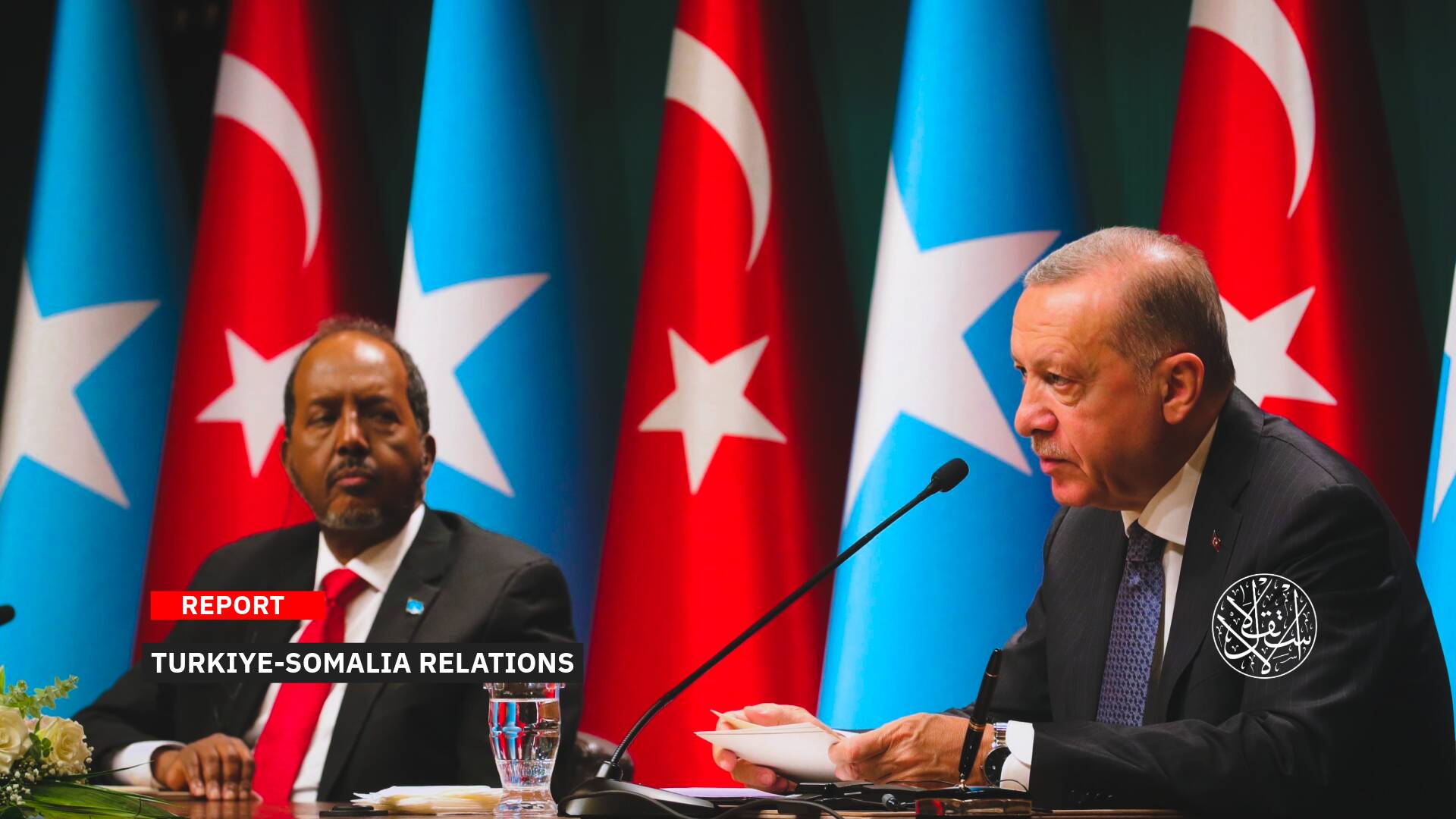Poisoned and Put in Jail, the Opposition Leader Navalny Still Suffers From Putin’s Repression

A year after his poisoning, Russian dissident Alexei Navalny is still trapped behind bars.
His movement, which has been scaled down, is trying to influence the legislative elections in September 2021, at a time when Moscow is intensifying its repression against all forms of political opposition, says the French newspaper La Croix.
Alexei Navalny, who is in prison, has difficulty expressing his views.
Nevertheless, he is still able to make his voice heard, as evidenced by the opinion article he published on August 19 in the French newspaper Le Monde, on the fight against corruption.
Suppress and Weaken
On the other hand, since his poisoning, only one year ago, his political activity has declined to zero.
On August 20, 2020, the first opponent of the Kremlin escaped from poisoning in the city of Novichok, through an operation that was probably sponsored by Moscow.
After returning from hospital in Germany, he was arrested and imprisoned when he got off the plane on January 17, then was sentenced to two and a half years in prison in a fraud case dating back to 2014.
His movement - the Anti-Corruption Fund (FBK) - is trying to continue its fight as much as possible before the September 17-19 legislative elections.
"The crackdown on dissent has intensified since Alexei Navalny's arrest," says Anna Colin Lebedev, lecturer at the University of Paris Nanterre.
The anti-corruption fund movement has been hit hard by the purge that the government started a few months ago, according to La Croix newspaper.
On June 9, 2021, a Moscow court declared all organizations linked to anti-corruption activist Navalny to be "extremist", and banned them.
The Anti-Corruption Fund's regional offices have been disbanded while the movement's leaders are being forced out, and the pressure has grown even more in recent weeks.

It also closed about fifty offices linked to Alexei Navalny on 26 July.
On July 18, the non-governmental organization OVD-Info announced that police had carried out midnight raids on the homes of supporters of the movement.
Leonid Volkov, a political opponent close to Alexei Navalny, expressed his indignation at what the police had done in a post on the social network Telegram.
"It is a terrorist act, to come loudly at night to 20 people...so that hundreds of thousands of our supporters in Moscow will feel fear," Volkov said.
Anna Colin Lebedev analyzes what is happening and says: "The Russian authorities are using a strategy of intimidating leaders to silence any dissent."
Fragmented Civil Society
With the election date approaching, the campaign is no longer confined to organizations loyal to the opposition, Alexei Navalny.
“We are witnessing an unprecedented tightening of the grip on Russian civil society,” explains Morvan Laluit, a doctoral student at the University of Kent and co-author of a book on Alexei Navalny.
He added that "tens of thousands of demonstrators were arrested, and those who came out are being violently repressed."
Independent media such as Vtimes and Proekt were also shut down after the Kremlin declared it a "foreign operation".
The most recent example is election monitoring platform Golos (Voice), which was also classed as a "foreign agent" by Russian courts on August 18.
The organization's co-director, Gregory Melcon Jens, denounced the attack on "the largest community of independent election observers".
Excluded from institutional politics and influential media, Alexei Navalny's supporters still seek to influence the September elections. Their strategy is based on the call for "smart voting".
On a local level, the movement is presenting the candidates most able to defeat the candidate of United Russia, President Vladimir Putin's ruling party, whatever his political orientation.
Morvan Laloit said about it: "The idea is to limit the outcome of Putin's ruling party as much as possible and bring opponents to parliament."
Morvan Lallwett notes, in the same context, that even if these candidates are not in a position to really influence the outcome of the vote, "the process of blocking political outlets is significant after all."
The Russian authorities need to control the elections as much as possible, according to his estimation.












